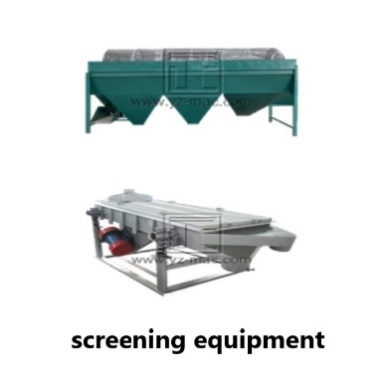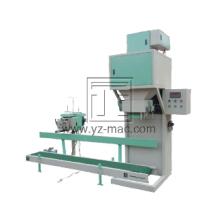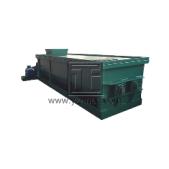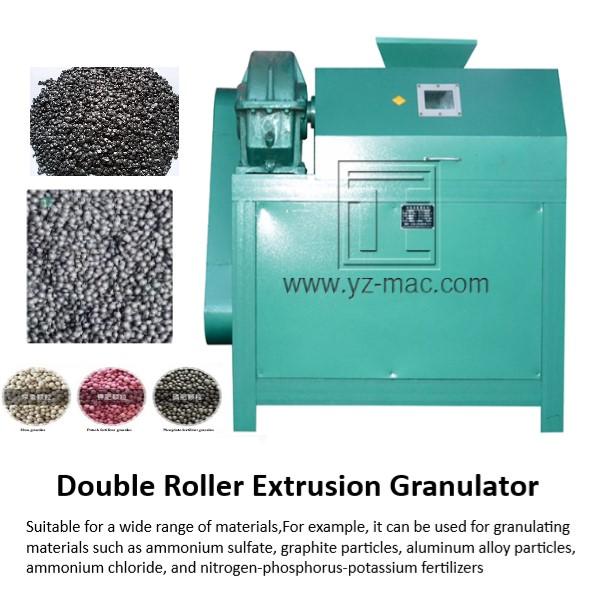Fertilizer blending machine
A fertilizer blending machine is a specialized equipment designed to blend different fertilizer components into a uniform mixture. This process ensures the even distribution of nutrients, micronutrients, and other beneficial additives, resulting in a high-quality fertilizer product.
Benefits of a Fertilizer Blending Machine:
Consistent Nutrient Distribution: A fertilizer blending machine ensures the thorough mixing of different fertilizer components, such as nitrogen, phosphorus, potassium, and micronutrients. This creates a homogeneous blend, guaranteeing the even distribution of nutrients throughout the fertilizer product.
Customizable Formulations: Fertilizer blending machines allow for the precise formulation of fertilizer blends according to specific crop requirements, soil conditions, and desired nutrient ratios. This flexibility enables farmers and fertilizer manufacturers to tailor fertilizer formulations to meet specific plant nutrient needs and optimize crop performance.
Enhanced Nutrient Availability: Proper blending of fertilizer components promotes better nutrient availability in the soil. The uniform mixture ensures that each granule or particle contains a balanced concentration of essential nutrients, allowing plants to access these nutrients more effectively for optimal growth and development.
Time and Cost Savings: By automating the blending process, fertilizer blending machines improve production efficiency, reducing the time and labor required for manual blending. This leads to significant cost savings for fertilizer manufacturers and allows for larger-scale production to meet market demands.
Working Principle of a Fertilizer Blending Machine:
A fertilizer blending machine typically consists of a hopper or storage bins for different fertilizer components, a conveyor system or augers for transporting the materials, and a mixing chamber where blending occurs. The machine utilizes rotating paddles, spirals, or blending mechanisms to thoroughly mix the fertilizer components, ensuring a uniform blend. Some blending machines may incorporate control systems for precise ratio adjustments and monitoring.
Applications of Fertilizer Blending Machines:
Agricultural Fertilizer Production: Fertilizer blending machines are widely used in agricultural fertilizer production facilities. They enable the precise blending of macro and micronutrients, additives, and conditioners to create customized fertilizers tailored to specific crops, soil conditions, and regional requirements.
Specialty Fertilizer Manufacturing: Fertilizer blending machines play a crucial role in the production of specialty fertilizers, including slow-release fertilizers, controlled-release fertilizers, and custom-formulated blends. These machines ensure the accurate blending of specialized components and coatings, resulting in fertilizers with enhanced nutrient release characteristics.
Custom Blending Services: Fertilizer blending machines are utilized by companies that provide custom blending services to farmers and agricultural professionals. These services allow customers to select specific nutrient ratios, micronutrient combinations, and other additives to meet their unique crop and soil requirements.
International Fertilizer Trading: Fertilizer blending machines facilitate the production of standardized fertilizer blends for international trading. By precisely blending components based on international standards, these machines ensure consistent product quality and nutrient composition, meeting the needs of diverse agricultural markets worldwide.
A fertilizer blending machine is a valuable tool in enhancing fertilizer production efficiency and ensuring the consistent distribution of nutrients in fertilizer blends. By creating uniform mixtures, these machines enable customized fertilizer formulations, enhance nutrient availability, and save time and costs in the production process.








